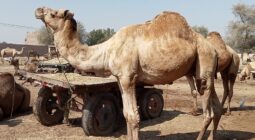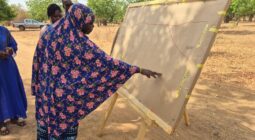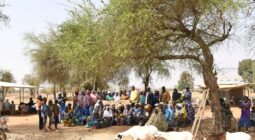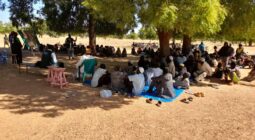Locally-Led Adaptation in Practice
Locally-led adaptation puts local actors in the lead and recognizes the value of local knowledge, innovation, and expertise. It ensures that local actors have equitable access to power and resources to build resilience. Funders and governments are increasingly supportive of locally-led adaptation , but how to do this in practice is often the question.
In this dossier, we collect practical examples, lessons learned, and experiences from implementing locally-led adaptation. Many of these originate from the Reversing the Flow (RtF) program, which aims to strengthen strengthen communities’ natural, social and economic resilience to climate change through community-led landscape restoration, water and climate adaptation action. The programme puts communities in the lead, uses a landscape approach to create wider impact, and provides direct funds to local organisations. Local groups are enabled to organise themselves and lead their own actions. RtF focuses on vulnerable communities in fragile landscapes in Bangladesh, Burkina Faso, Ethiopia, Kenya, and Sudan.
A video from the Reversing the Flow (RtF) program is available here.
Blogposts
More >Videos
More >Dossiers
- Landscapes and Local Climates
- Knowledge Repository for GFFA 2026
- Soil Management
- Green Transformation
- Green Roads for Water
- Dryland Development
- Regenerative Agriculture
- Livelihoods from Floods
- Locally-Led Adaptation in Practice
- The underground drought
- Water and Development Partnership
- Preserving Assets - Operation and Maintenance in Delta’s
- Is the world getting saltier?
- Water integrity
- Water Productivity
- Managing Desert Locusts
- None left behind
- Mega Irrigation
- Uncategorized







